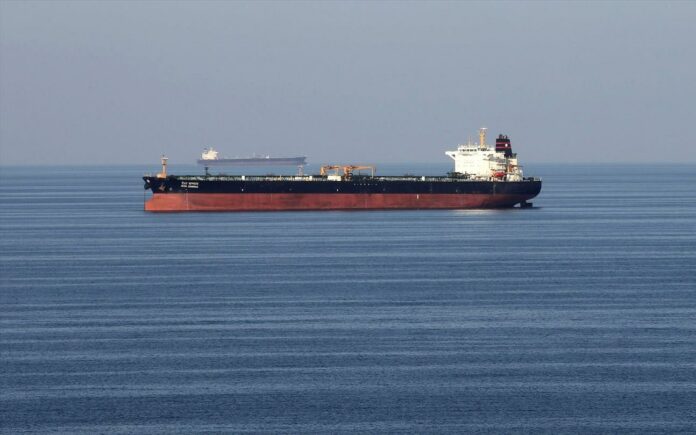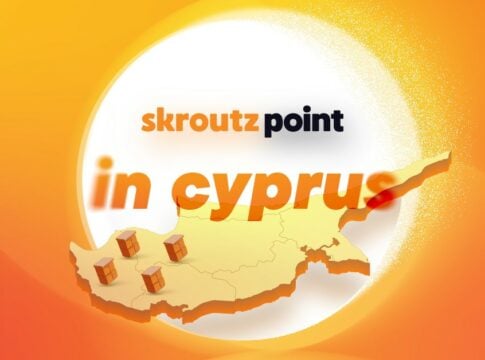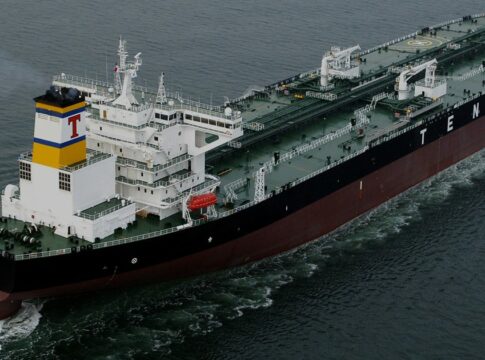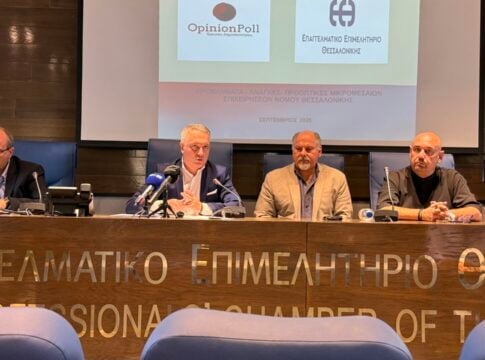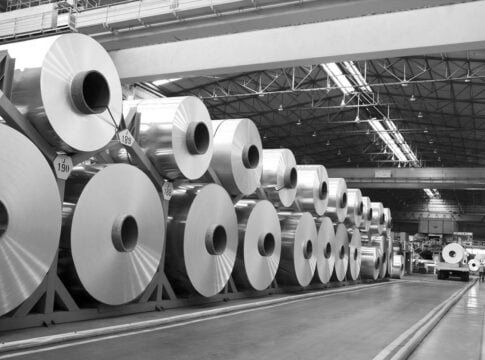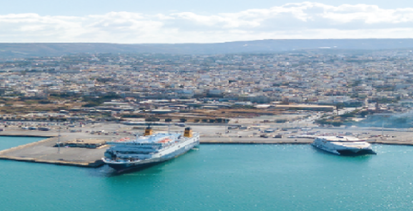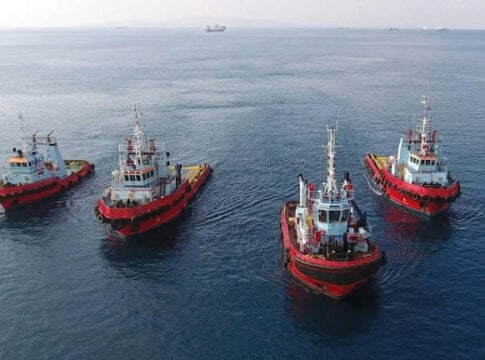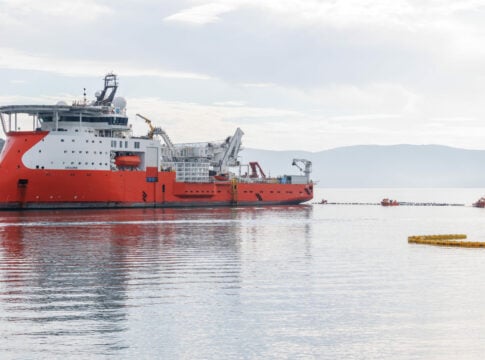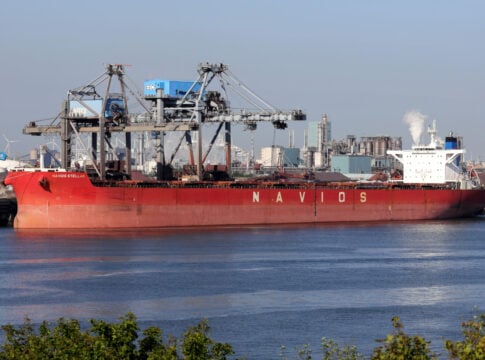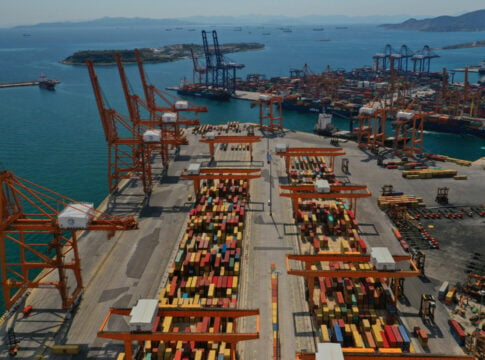The signals for the tanker market in the fourth quarter of the year are optimistic, as shipbrokers estimate that the positive charter rates that currently exist will be maintained in the coming period.
This momentum is fueled by the combined effect of the new EU sanctions against the Russian “shadow fleet”, restructuring and shutdowns at European refineries due to uncertain factors, as well as the increase in OPEC+ production.
OPEC+’s decision last Sunday to increase oil production by 137,000 barrels per day from October translates to about 18.6 thousand tons of crude oil per day.
On a monthly basis, this volume corresponds to about 559 thousand tons, equivalent to two full VLCC tanker loads or almost four Suezmax loads.
It is estimated that tanker traffic will also be boosted by the increase in demand in tonne-miles, especially since the additional crude will be directed to distant markets, such as Asia.
On the other hand, the EU recently proposed a ban on imports of refined products produced from Russian oil and the use of Russian energy infrastructure, including the two Nord Stream pipelines to Germany, as well as the addition of another 77 ships to the existing list of 342 ships (“shadow fleet”) on which sanctions have been imposed.
In 2025, the European fuel market was affected by a series of refinery outages, either due to unplanned incidents – such as the double failure at BP Rotterdam and power outages in Spain – or due to scheduled maintenance at large units.
At the same time, permanent closures of facilities, such as Grangemouth in Scotland and Prax Lindsey in the UK, are being recorded, limiting processing capacity.
In this context, crude oil tanker charter rates recorded a sharp rise last week, as increased supply from OPEC+ and restrictions on maritime transport due to sanctions boosted demand.


